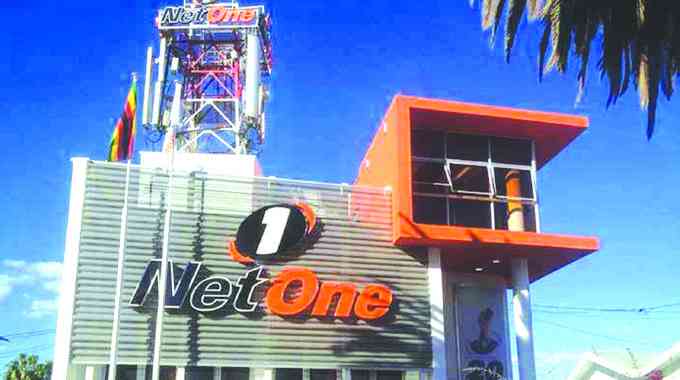
THE Competition and Tariff Commission (CTC) has approved energy investor Matumi Energy Pvt Limited’s purchase of a 70% stake in fuel firm Rockodox Pvt Limited .
According to the CTC, Matumi is a wholly-owned indirect subsidiary of Trans African Oil (Pvt) Limited through Molecule1 Energy (Pvt) Limited (Molecule). Trans African Oil supplies petroleum products such as petrol, diesel, Jet A1 and lubricants to Zimbabwe customers including RK Fuels and Rockodox, through the pipeline.
As an investor, Matumi has a special interest in investing in assets in the energy sector including but not limited to the petroleum industry.
In its first quarter newsletter released last Wednesday, CTC said Matumi was created for purposes of holding Molecule’s assets in Zimbabwe, including RK Fuels and Rockodox.
“Parties to this merger operate in the petroleum products supply chain in Zimbabwe but at different levels of the value chain in the petroleum industry,” CTC said.
“The acquirer is a supplier [trader] and the target Rockodox is a retailer. Matumi already has a stake in RK Fuels, a competitor to Rockodox. The merger is therefore classified as a vertical merger with horizontal effects.”
CTC said the merger was assessed using theories of harm associated with vertical and horizontal mergers, which were input and customer foreclosure, unilateral and co-ordinated effects.
“After analysis, the commission approved the merger without conditions as the merged entity would not harm competition or create a monopoly situation contrary to public interest,” it said.
- Mavhunga puts DeMbare into Chibuku quarterfinals
- Bulls to charge into Zimbabwe gold stocks
- Ndiraya concerned as goals dry up
- Letters: How solar power is transforming African farms
Keep Reading
According to the CTC, foreclosure refers to any instance where actual or potential rivals’ access to supplies or markets is hampered or eliminated because of the merger, reducing these companies’ ability and/or incentive to compete.
“Input foreclosure can occur in the instance that the upstream players stopped supplying downstream rivals, with petroleum products, post-merger,” CTC continued.
CTC’s analysis revealed that the transaction will not result in input foreclosure as the market is unconcentrated with a large pool of equally competitive market players in the upstream market for petroleum suppliers to choose from.
“Customer foreclosure was also dismissed on the notion that the merging parties’ downstream entities have little buyer power in an unconcentrated market characterised by many players,” CTC said.
“Unilateral effects can occur in the instance that the merging entities act more competitively and independently than as a merged firm, while rivals do not alter their competitive strategies.”
CTC added that coordinated effects could occur because of the reduction of competition in a market, making it easier for the remaining firms to coordinate their behaviours.
“Unilateral and coordinated effects were dismissed on the basis that the merging parties do not have significant market power to exercise these anti competitive behaviours,” CTC said.











